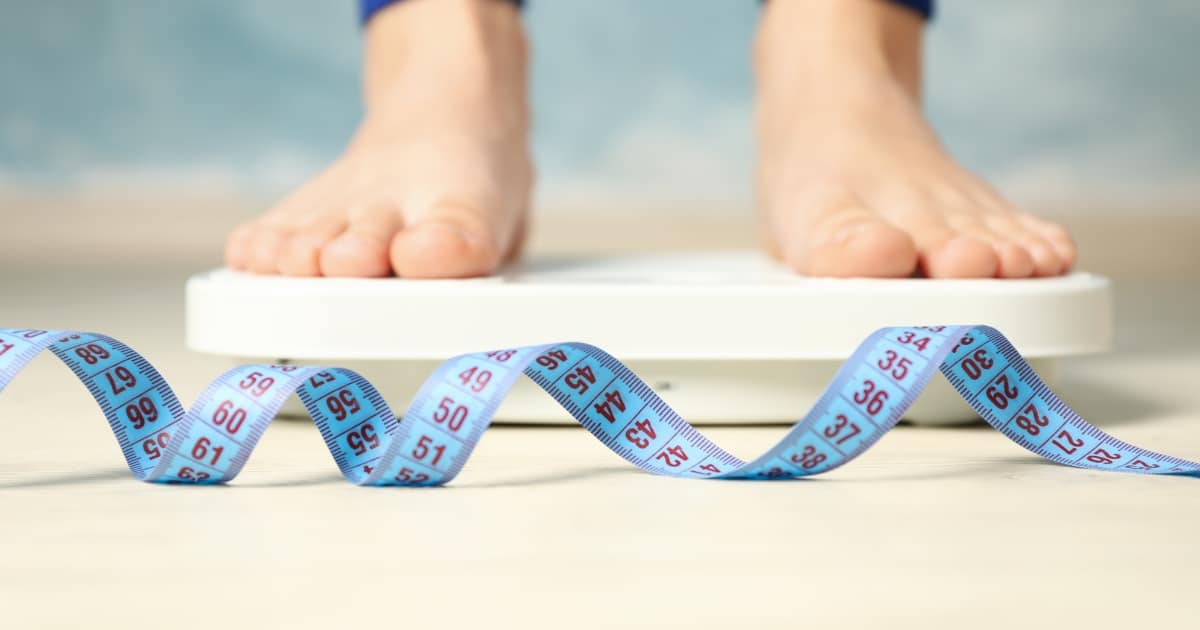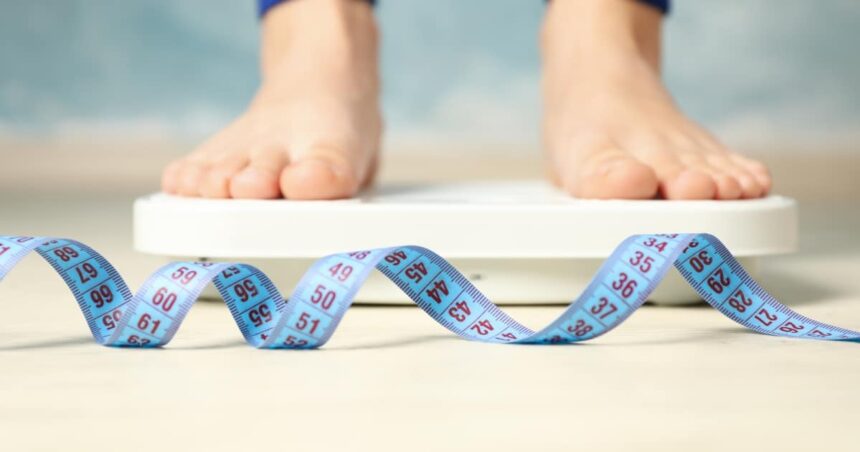Weight loss medications and supplements seem like an attractive way to lose weight right away.
However, many of these tablets can cause dangerous side effects, especially if you live with diabetes.
In this article, we’ll explain everything you need to know about taking weight loss medication if you live with diabetes.
Weight loss pills are becoming more popular
Weight loss pills have become more popular in recent decades. In fact, 15% of US adults report that they are using diet pills at some point in their lives.
Driving this trend is the growth of obesity and diabetes epidemics.
A third of US adults live with prediabetics, and without intervention, many prediabetic cases have evolved to type 2 diabetes within a few years.
Approximately 40 million Americans live with diabetes, 90% of whom are cases of type 2 diabetes.
This is especially recognized in the US, with over 40% of US adults being considered obese and a third of them being overweight.
Plus, being overweight or obese is the fact that it is a major risk factor for insulin resistance, prediabetes and diabetes.
Diet pills seem to be the answer to quick and low weight loss.
Is weight loss medication safe?
Over-the-counter weight loss drugs and dietary supplements are regulated by the Food and Drug Administration (FDA) as food rather than as food.
A safer option is available with a prescription. These are more regulated by the FDA.
This means that companies can afford to make wild claims about product success without any real impact.
Unlike narcotics, weight loss drugs do not require pre-market reviews or FDA approval. It is only after the FDA intervenes to recall or remove the product from the market after it is found to be unsafe.
The FDA does not allow weight loss drugs to contain pharmaceutical ingredients, and the product cannot promise to diagnose, treat, treat, or prevent disease.
The FDA and the Federal Trade Commission are able to take regulatory measures against manufacturers that break these rules, but the industry is under little oversight.
Finally, over-the-counter weight loss pills rarely work. They are full of ineffective and dangerous filler ingredients.
In a report on the safety of weight loss drugs, the government’s Accountability Office (GAO) concluded that “Little is known about whether weight loss supplements are effective, but some supplements are linked to possible physical harm.”
What are the side effects of weight loss medications?
As the industry is barely monitored, many side effects of weight loss medications have not been reported.
However, weight loss medications can cause:
- Dizziness
- Fatigue
- nausea
- vomiting
- diarrhea
- constipation
- Rapid Heartbeat
- headache
- Skin flash
- Restlessness/Insomnia
- Nervous
Many diet pills are full of stimulants like caffeine. This will keep you on your vigilance while keeping your appetite in order to lose weight.
If you’re not eating enough, especially if you’re taking too much later in the day, you may be susceptible to the negative side effects of pills.
Don’t start taking diet pills without consulting your doctor first.
Many people can interact with other prescription drugs you may be taking.
Should people with diabetes take weight loss medication?
This is a decision that only you and your doctor can make.
However, we do not recommend taking them due to lack of regulations and the likelihood that weight loss drugs can interact negatively with other medications.
If you are struggling to lose weight, talk to your doctor. They can offer safer alternatives that will help you achieve your health goals.
What are the alternatives to weight loss medications?
Dietary changes and increased physical activity are great strategies for long-term weight loss.
However, many people with diabetes struggle with insulin resistance, which can lead to weight gain.
If you have diabetes, there are several prescription medications that have been proven to improve insulin sensitivity and help you lose weight.
These include:
If you are not suffering from diabetes, the following GLP-1 drugs are approved by the FDA for weight loss and maintenance of chronic weight.
- wegovy (spewing)
- Saxenda (injection)
If you have diabetes and are interested in your weight, consult your doctor. There are options that are safe, effective and FDA approved.
What are FDA approved prescription weight loss medications?
The following weight loss drugs are approved by the FDA: These could be safer options.
The side effects people experience while taking them are reported to the FDA for safety and efficacy purposes.
FDA-approved weight loss medications include:
- Orlistat (Xenical, Alli)
- Phentermintopiramate (QSYMIA)
- Naltrexone bupropion (contradiction)
What is the safest way for diabetics to lose weight?
All medications have several side effects, whether prescription or over-the-counter.
The safest way to lose weight for everyone, including people with diabetes, is to increase physical activity and improve their diet.
Talk to your doctor about healthy ways to incorporate small lifestyle changes into your daily life.
They may refer you to a Certified Diabetes Educator (CDE) and a Registered Dietitian (RD). Both can work with you to better reach your weight loss goals.
That being said, there’s nothing wrong with taking prescription medications to lose weight. Please note that side effects are likely.
Does losing weight cause hypoglycemia?
Losing weight essentially does not cause hypoglycemia levels. However, when people lose weight, their insulin sensitivity usually increases. If they are insulin dependent, they should do less throughout the day.
If you are not taking insulin but are taking GLP-1 medications to lose weight and control your glucose, you may notice that your average blood glucose levels are falling throughout the day. This is a good thing!
If you are overweight, check with your doctor. Most medications are correlated with your height and weight. Your doctor can make sure you are still receiving the correct dose for your body.
Will you regain your weight if you stop taking weight loss medication?
This may be common. Many people regain moderate weight after stopping taking prescription medications to lose weight.
Some prescription weight loss medications can suppress your appetite. If you stop taking them, you may start eating more.
Contact your doctor if you are negatively affecting the side effects of your medication or are experiencing major life changes (e.g. pregnancy or menopause).
For example, taking weight loss medication during pregnancy can be dangerous.
Your doctor can determine if you need to replace or stop any of your medications.











